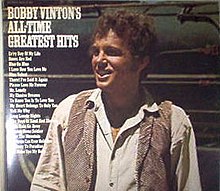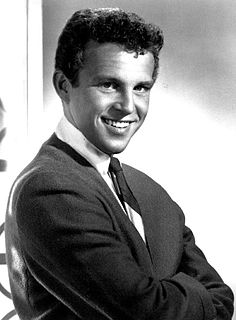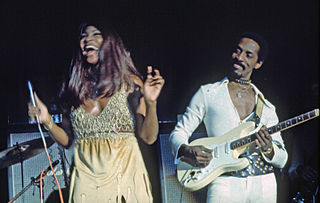"Take Good Care of My Baby" is a song written by Carole King and Gerry Goffin. The song was made famous by Bobby Vee, when it was released in 1961.

Roses Are Red is Bobby Vinton's third studio album, released in 1962. After Vinton's hit "Roses Are Red " reached No. 1, the eponymous album was released and made its way up to No. 5 on the Billboard 200. Shortly after the success of the song and album, Epic renewed Vinton's contract but changed his artist title from a bandleader to a solo artist.

Bobby Vinton Sings the Newest Hits is Bobby Vinton's fifteenth studio album, released in 1967.

Bobby Vinton's Greatest Hits is a 12-track compilation by Bobby Vinton. It was released in September 1964, two months after his album Tell Me Why.
"Mr. Lonely" is a song co-written and recorded by American singer Bobby Vinton. The song was first released on Vinton's 1962 album Roses Are Red.

Bobby Vinton Sings the Big Ones is Vinton's fourth studio album, released in 1962. There were two singles from this album: "Rain Rain Go Away" and "I Love You the Way You Are". Cover versions include "I'm Getting Sentimental Over You", "Ramblin' Rose", "The Twelfth of Never", "Because of You", "Be My Love", "My Heart Cries for You", "I Remember You", "He'll Have to Go" and "Autumn Leaves".

Sealed With a Kiss was Bobby Vinton's twenty-third studio album for Epic Records. It was released in 1972 just before Epic released Vinton from his contract with them. The title track is the album's only single. Other covers include "The First Time Ever I Saw Your Face", "Speak Softly Love", "Some Kind of Wonderful", "Come Softly to Me", "Song Sung Blue", "The End of the World" and "Our Day Will Come".
This page is a discography of American singer-songwriter Bobby Vinton.

Drive-In Movie Time: Bobby Vinton Sings Great Motion Picture Themes is Bobby Vinton's twelfth studio album, released by Epic Records. Consisting entirely of songs from films, it was recorded and released to capitalize on Vinton's latest single at the time, "Theme from 'Harlow' ". All of the songs are from films that were released during the 1950s and 1960s.
"Roses Are Red " is a popular song composed by Al Byron and Paul Evans. It was recorded by Bobby Vinton and was his first hit.
"There! I've Said It Again" is a popular song written by Redd Evans and David Mann, and popularized originally by Vaughn Monroe in 1945, and then again in late 1963 and early 1964 by Bobby Vinton. Vinton's version was the final number one song on the Hot 100 prior to the Beatles. The song charted at No. 1 on January 4, 1964 for four weeks.
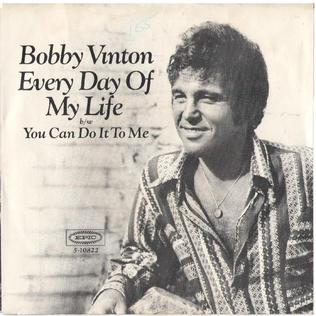
"Ev'ry Day of My Life" is a popular song written in 1954 by Al Jacobs and Jimmie Crane.

With Love is Bobby Vinton's twenty-fourth and final studio album for Epic Records and his twenty-fifth album altogether. It was released in 1974, two years after Epic released Vinton from his contract with them and immediately after the release of Melodies of Love. The purpose of this release was to take advantage of the success of the aforementioned Melodies of Love and his biggest hit at the time "My Melody of Love". Four of the ten songs had previously been released on other albums.

16 Most Requested Songs is a compilation album of 16 Top 40 hits that Bobby Vinton had for Epic Records. It is the last of 29 collections in the 16 Most Requested Songs series that was released by Epic. Unlike most collections of Vinton's music, the song "Roses Are Red " is the last track on this album, rather than the first. Inside the album cover is a biographical essay about Vinton's life and career that was written by Will Friedwald. Although this album was released in 1991, it did not enter the charts until five years later. It was the first compilation of Vinton's music in the charts since the release of Bobby Vinton Sings the Golden Decade of Love 21 years before.
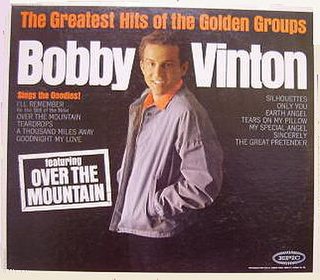
The Greatest Hits of the Golden Groups: Bobby Vinton Sings the Goodies! is Bobby Vinton's fifth studio album, released in 1963. This album contains cover songs that were hits during the 1950s for the following artists: the Rays, the Penguins, the Platters, the Five Satins, Bobby Helms, Little Anthony and the Imperials, the Moonglows, Lee Andrews & the Hearts, the Heartbeats and Jesse Belvin. All of the tracks on this album were recorded in Nashville. "Over the Mountain " is the album's only single. All of the songs on this album were later include in the collection Bobby Vinton Sings the Golden Decade of Love.

Mr. Lonely is Bobby Vinton's tenth studio album, released in 1964. It was released right after the success of his fourth and final #1 US hit "Mr. Lonely," a 1962 song that was released as a single after its appearance on Bobby Vinton's Greatest Hits. Cover versions on this album include "Laughing on the Outside " and "I'll Never Smile Again". After the success of the single, Vinton released Bobby Vinton Sings for Lonely Nights, an album of songs devoted to the subject of loneliness.

More of Bobby's Greatest Hits is Bobby Vinton's second compilation of tracks from singles from 1964–1966. Nine of the ten tracks previously charted on the Billboard Hot 100, the lone exception being "Careless" which "bubbled under". The hits "Clinging Vine", "What Color ", "Dum-De-Da" and "Tears" make their album debut on this compilation.
"Please Love Me Forever" is a song written by John Malone and Ollie Blanchard. The song was originally released by Tommy Edwards in 1958. Hit versions were later released by Cathy Jean and the Roommates in 1960 and Bobby Vinton in 1967.
"Rain Rain Go Away" is a song released by Bobby Vinton in August 1962. The song is sung from the perspective of a man who is wishing his childhood sweetheart sunshine after she asks to be set free so that she can marry another.
